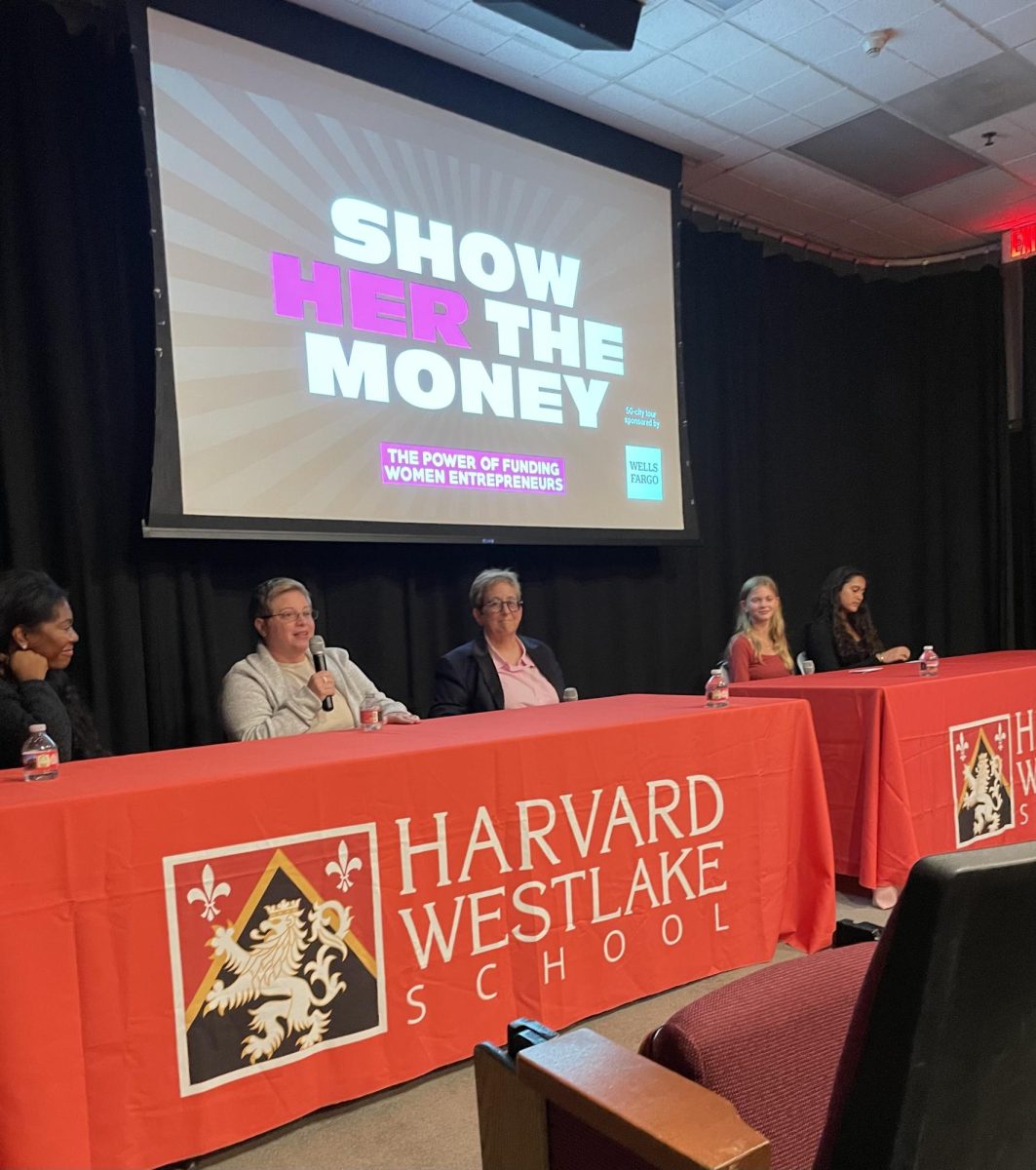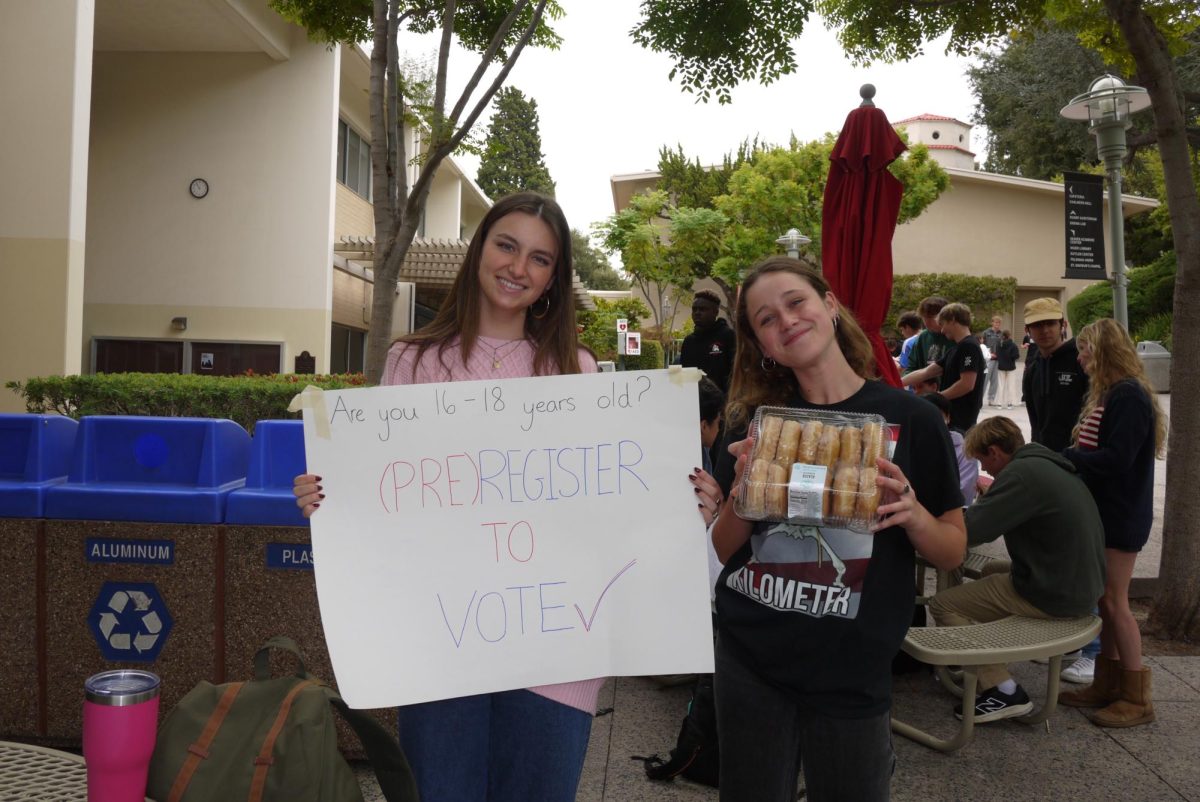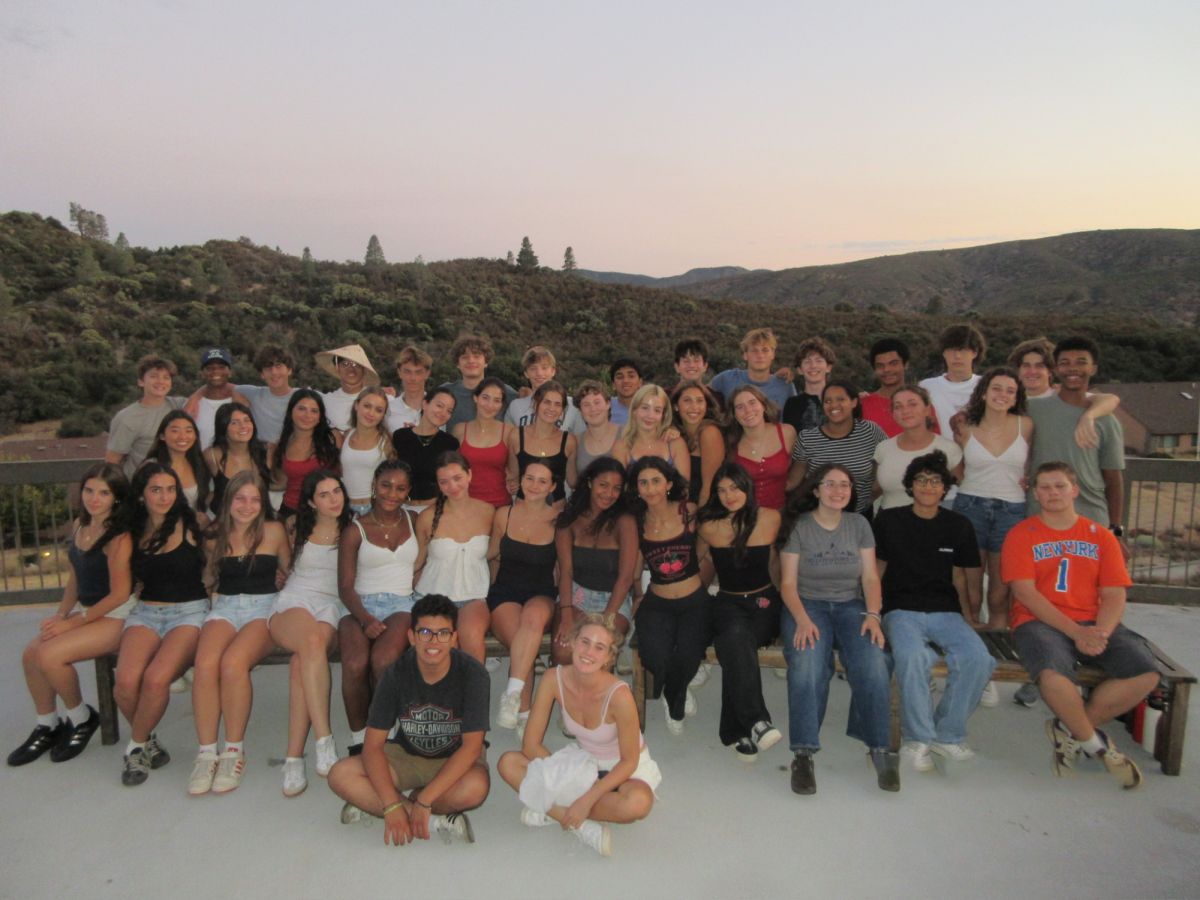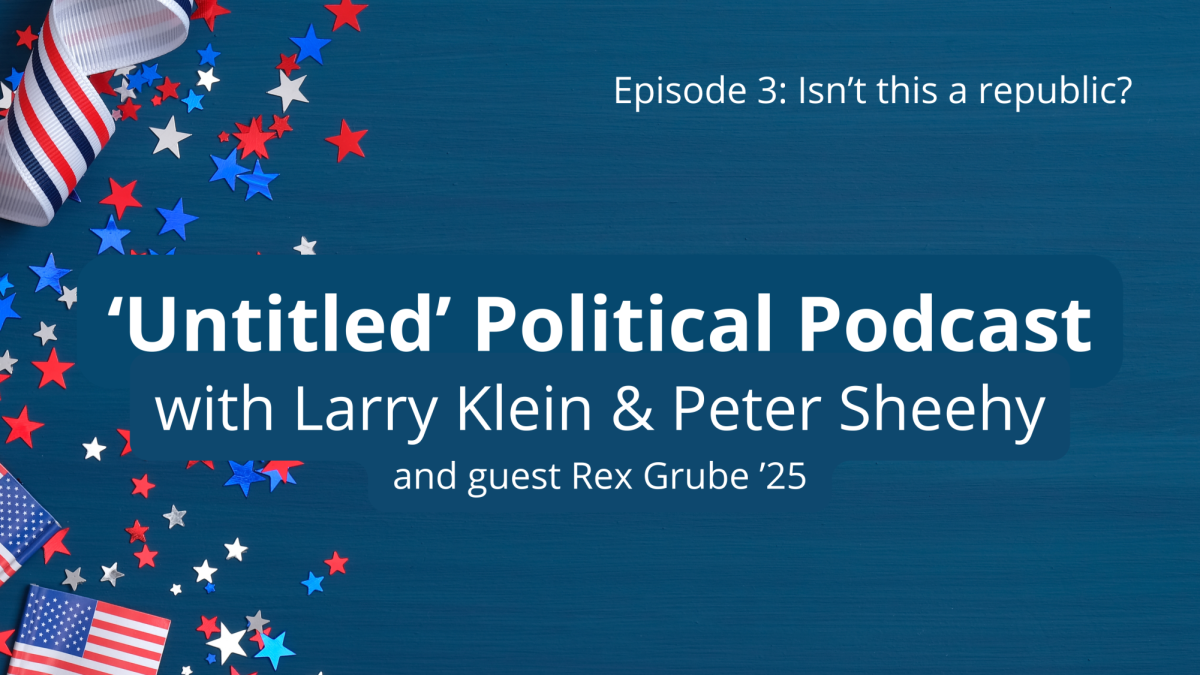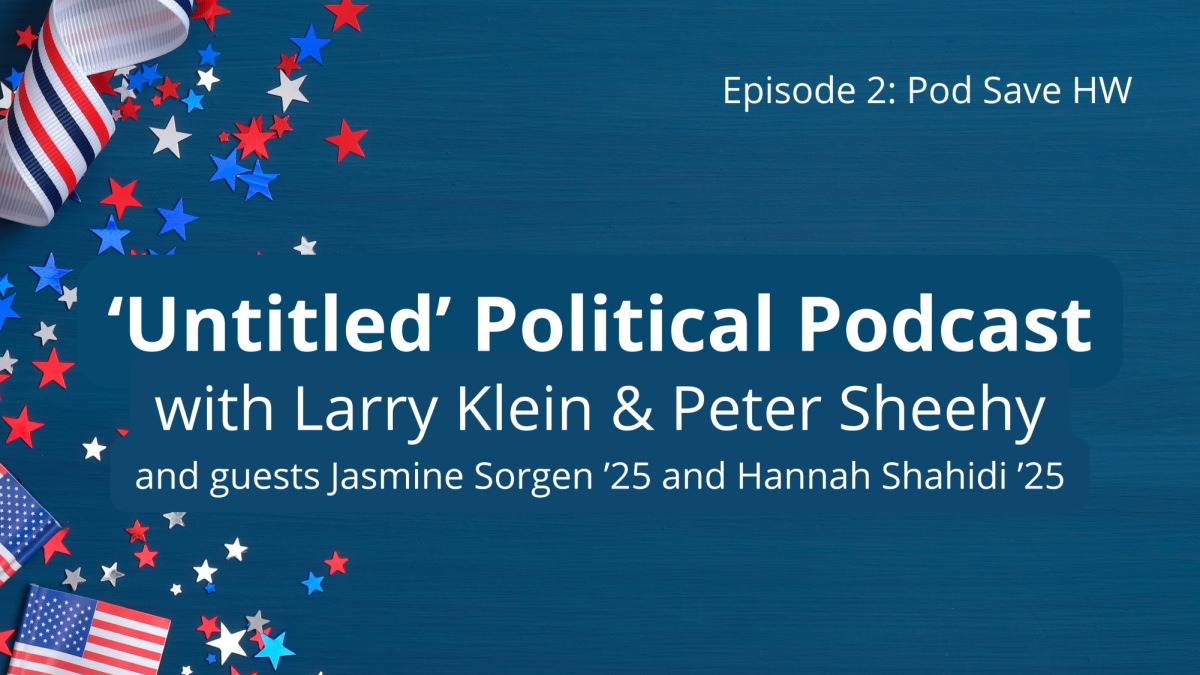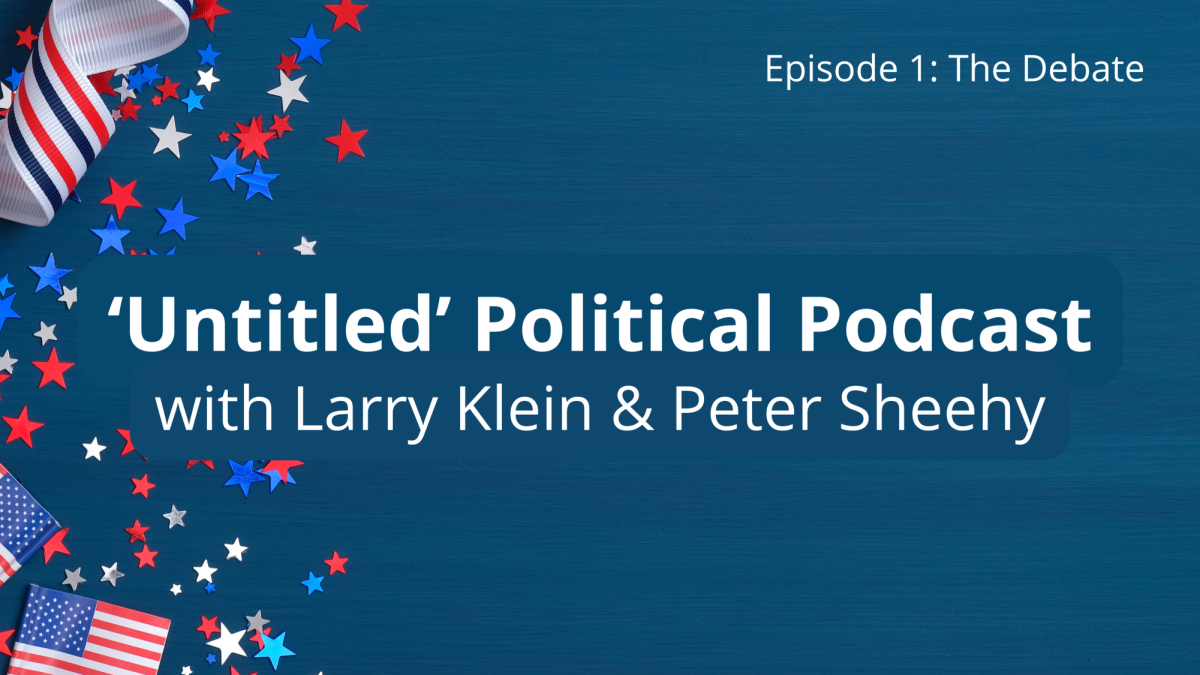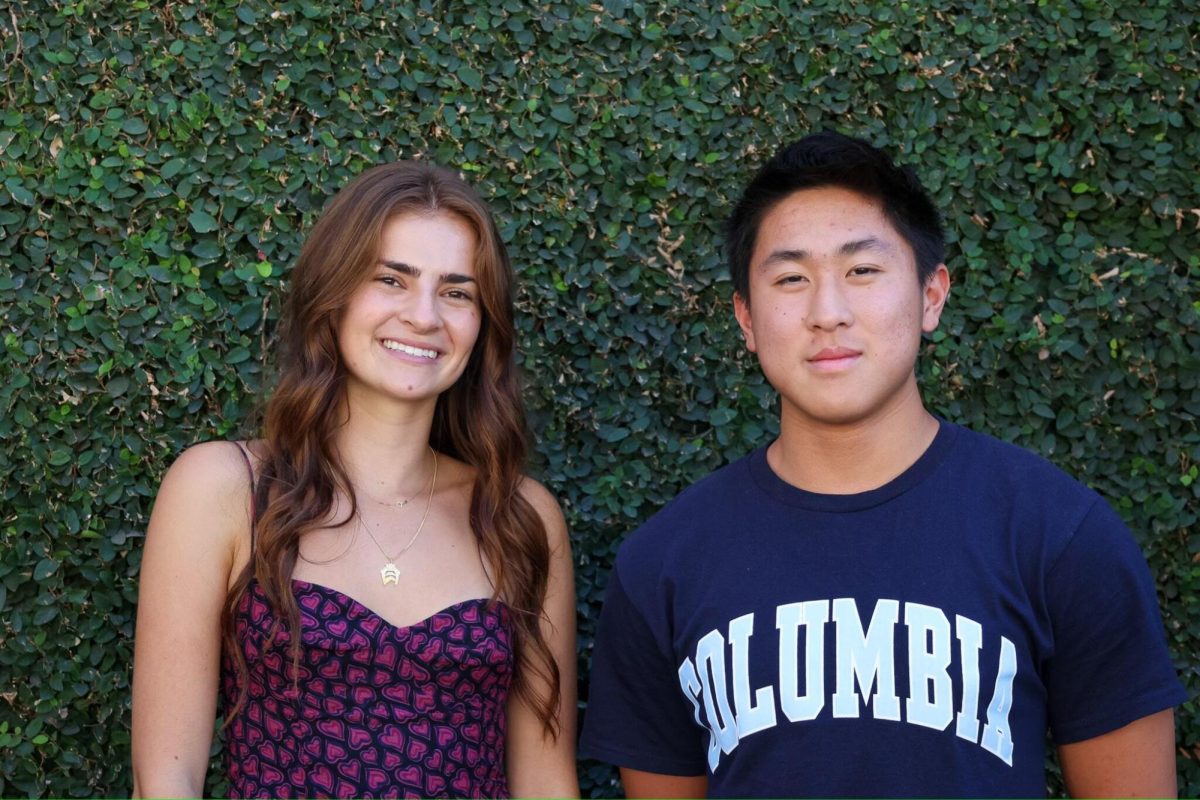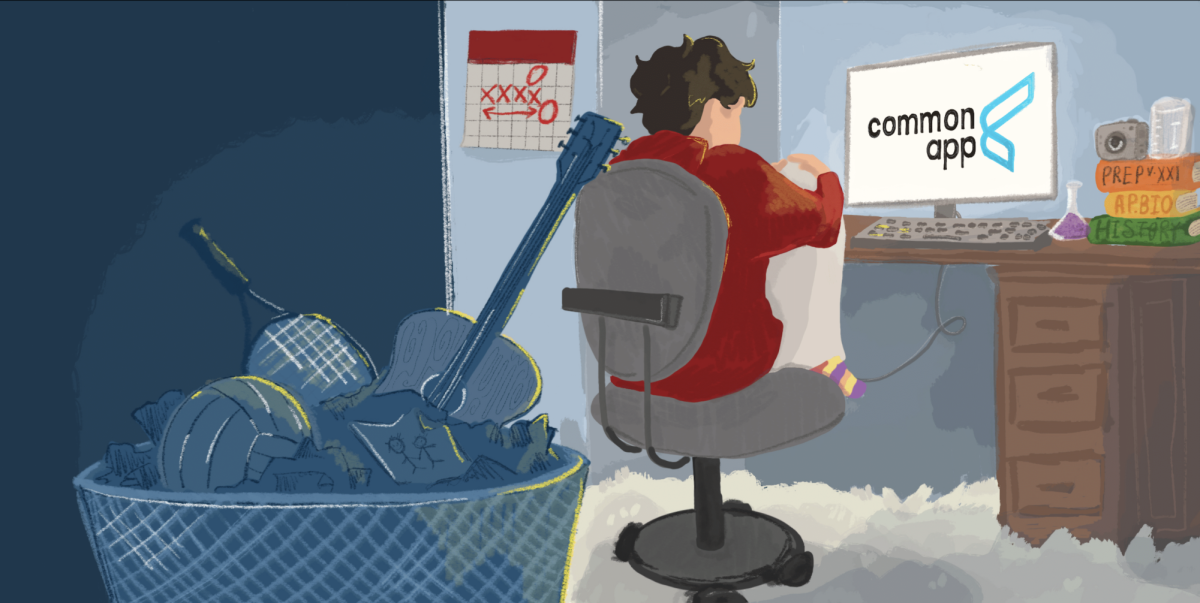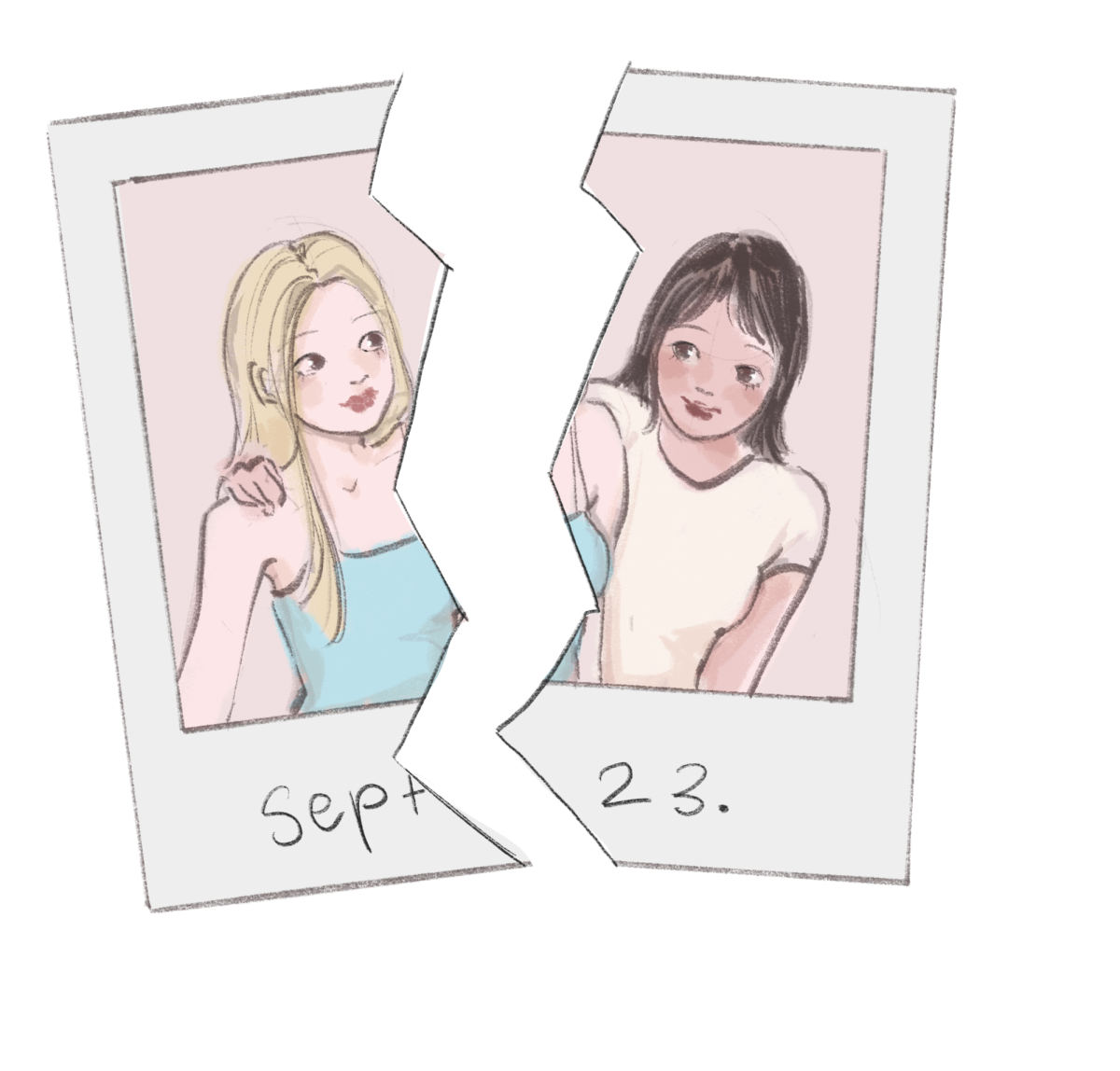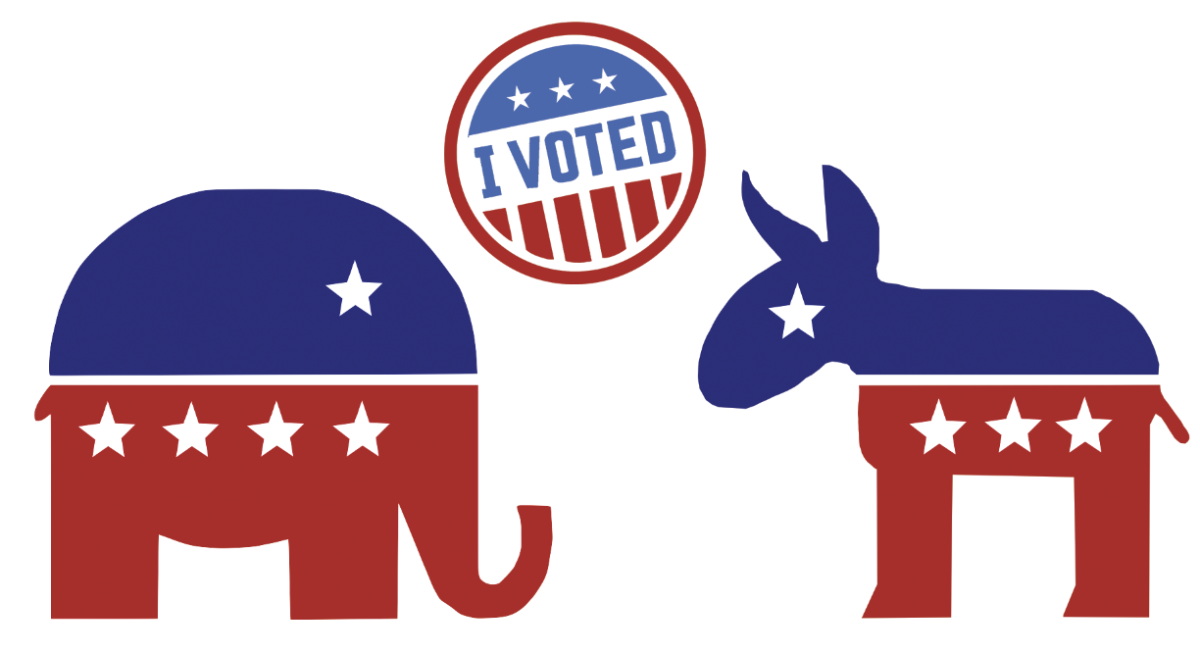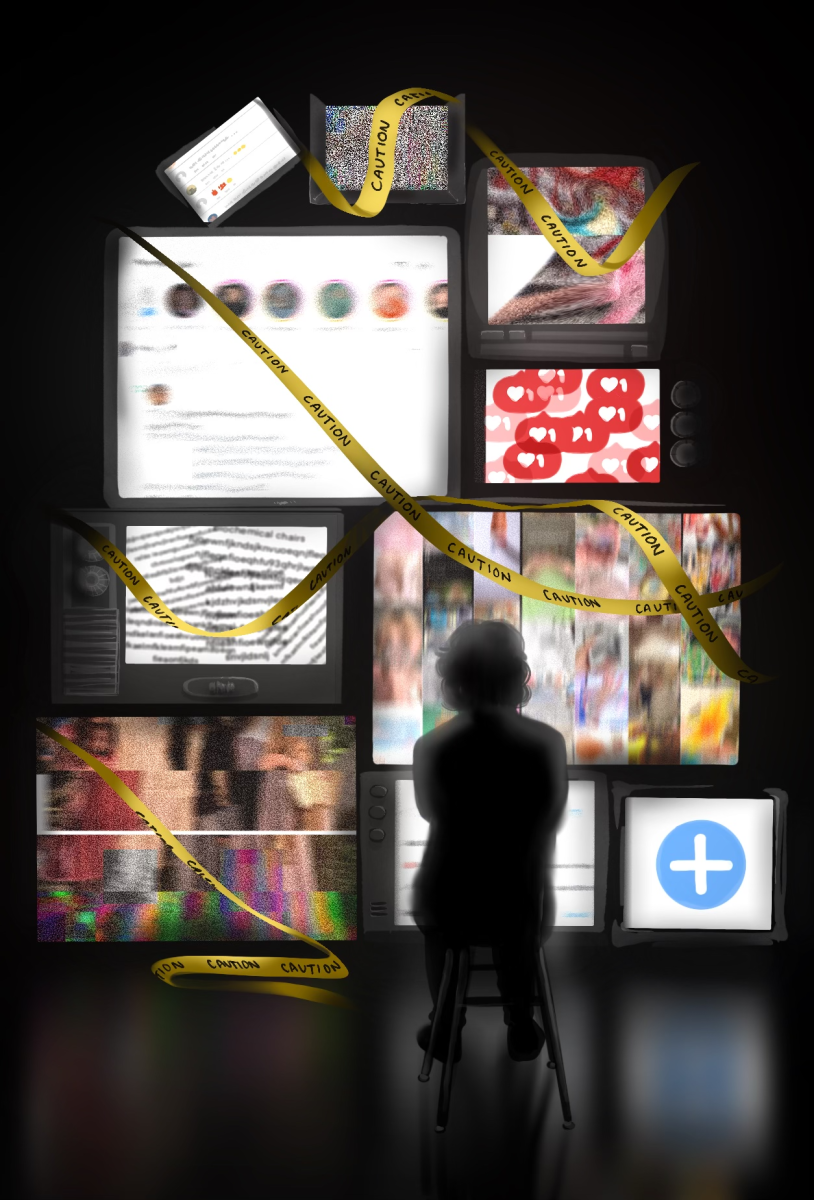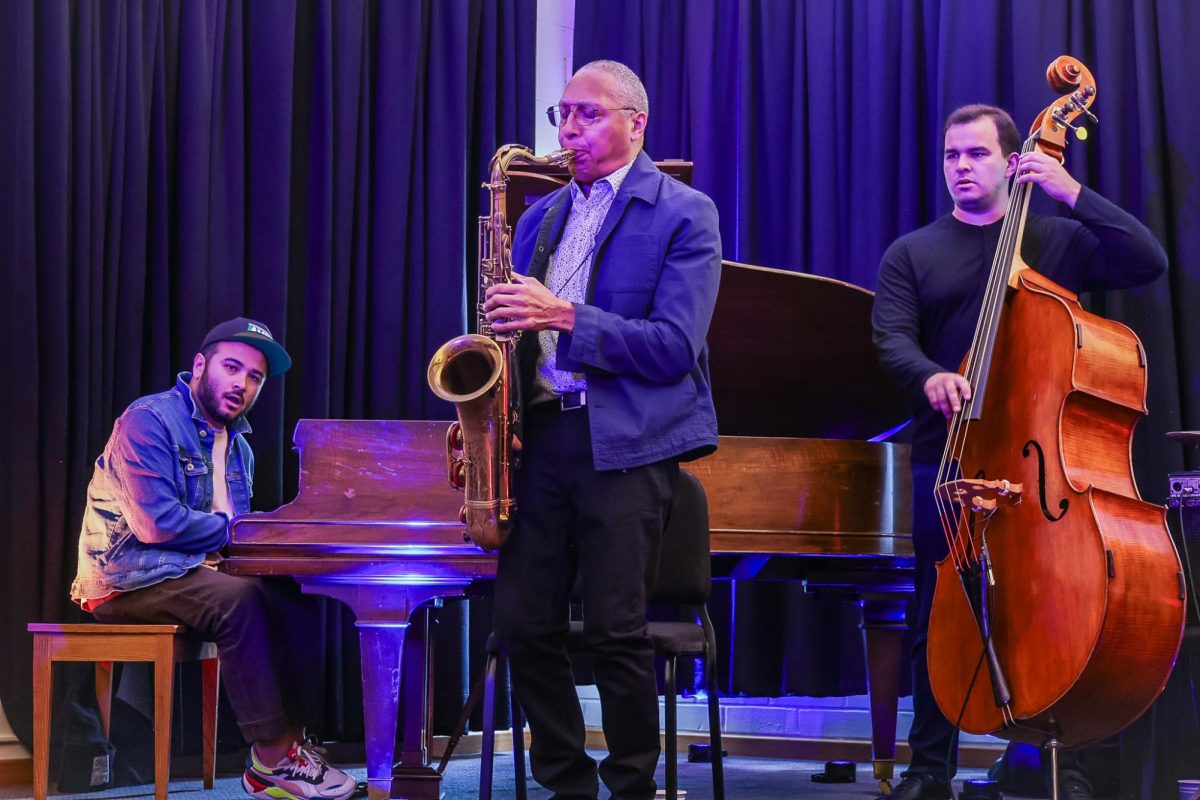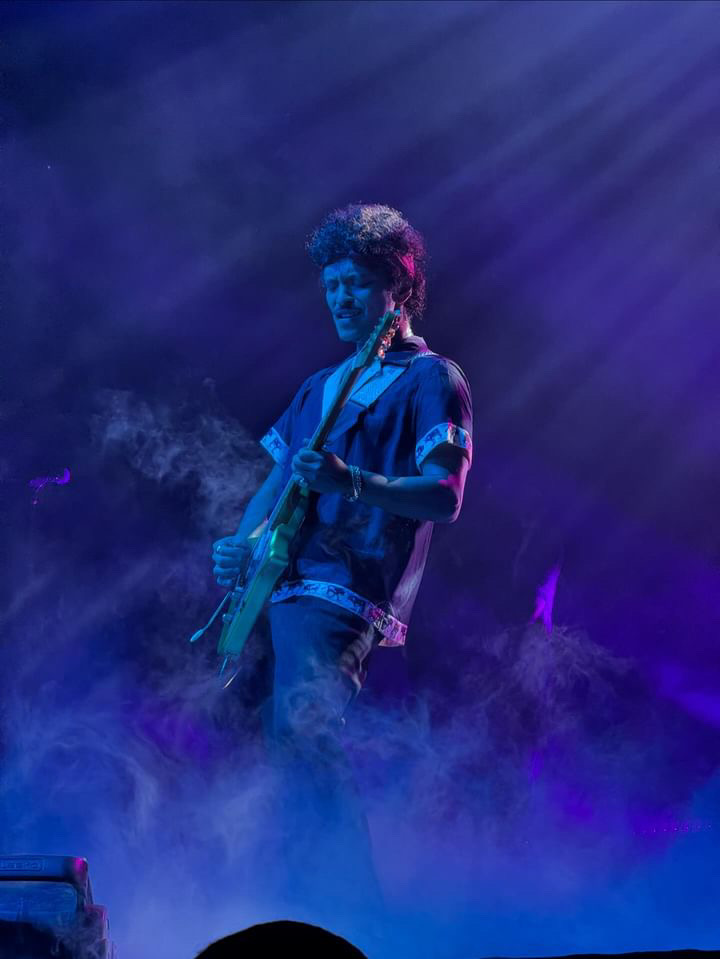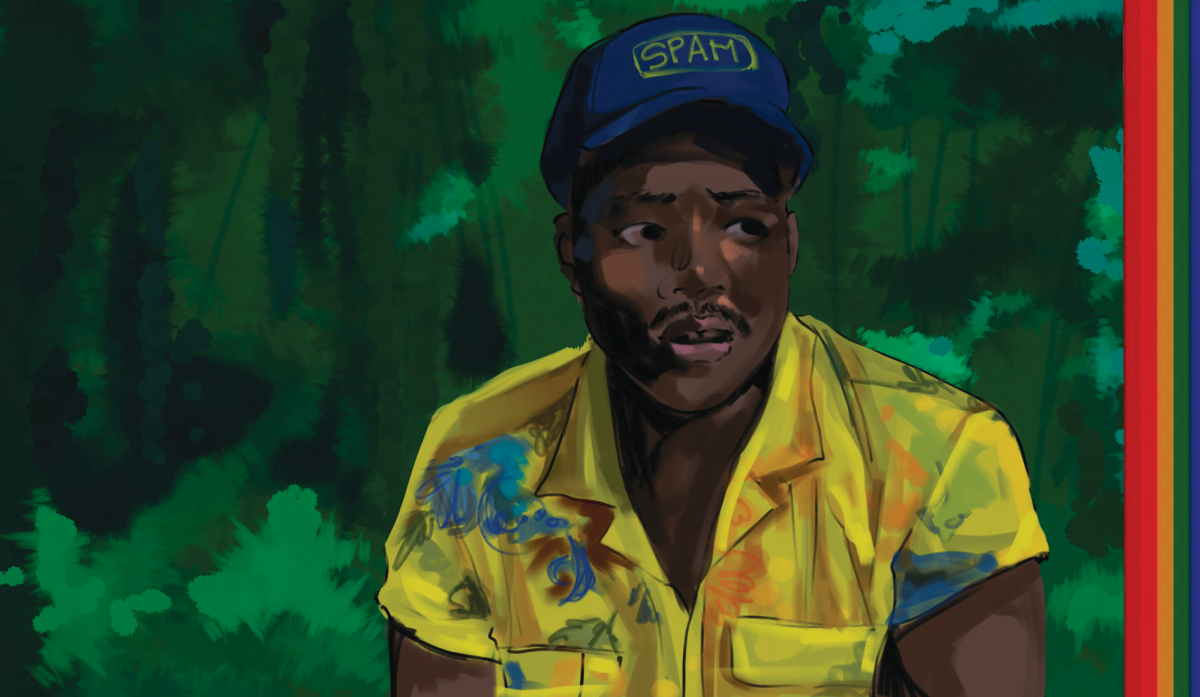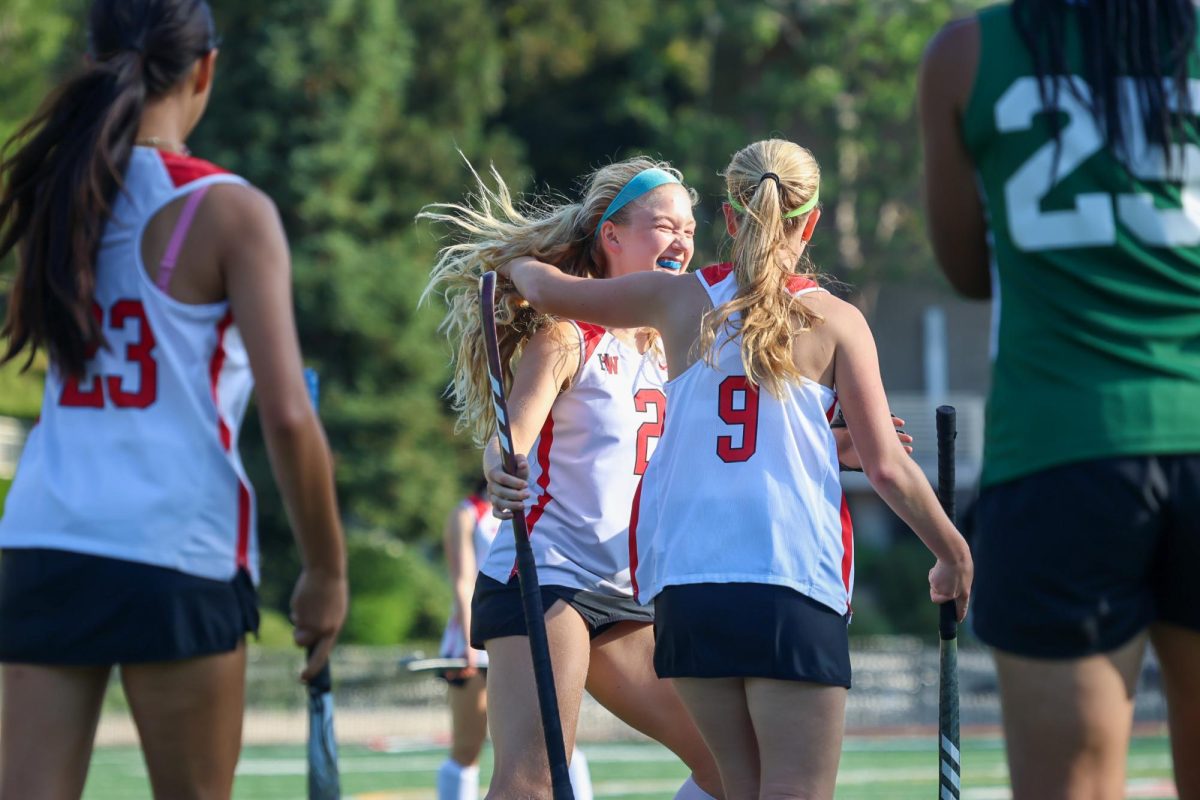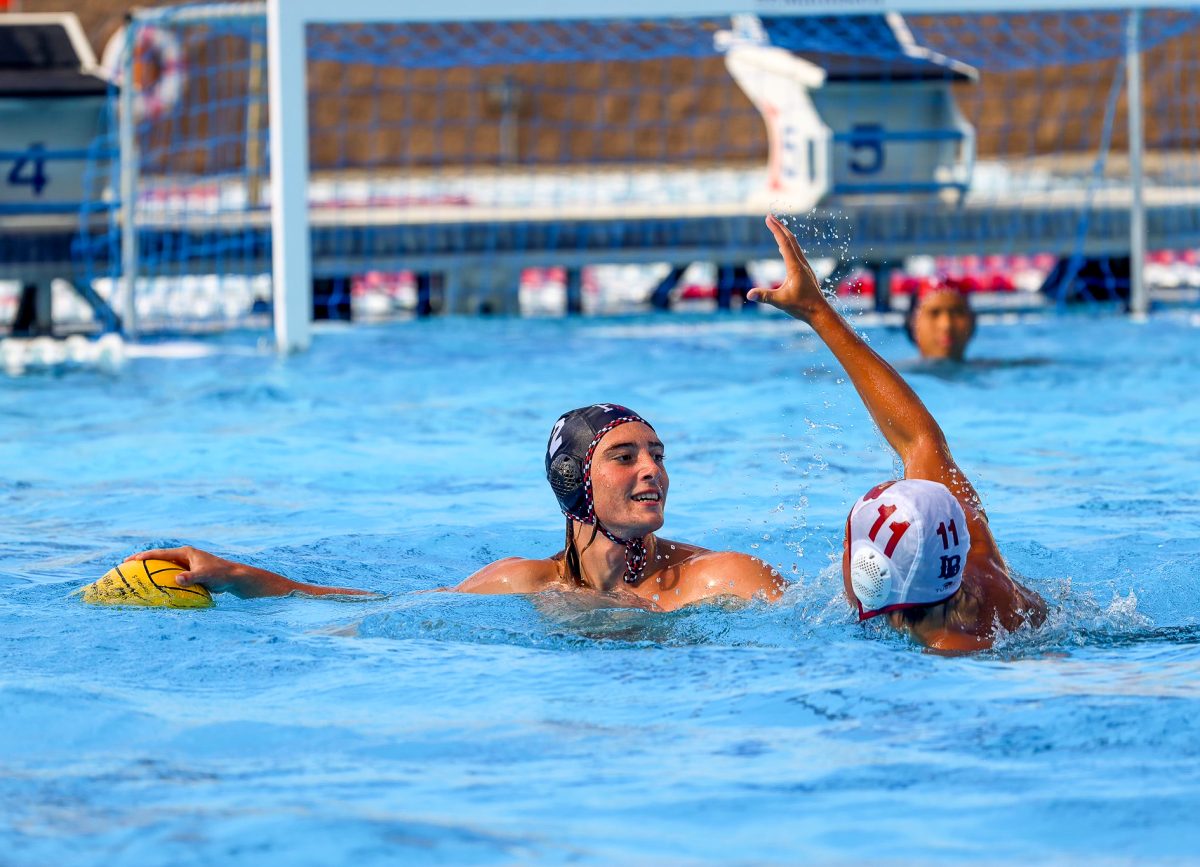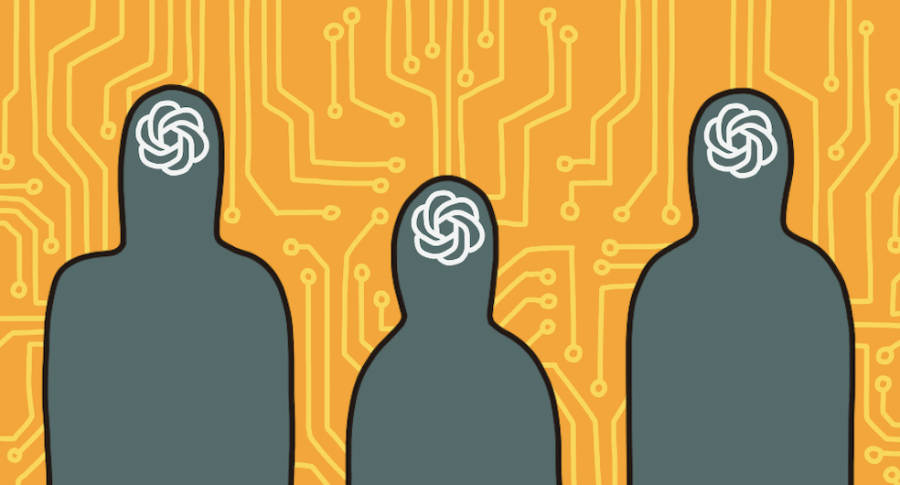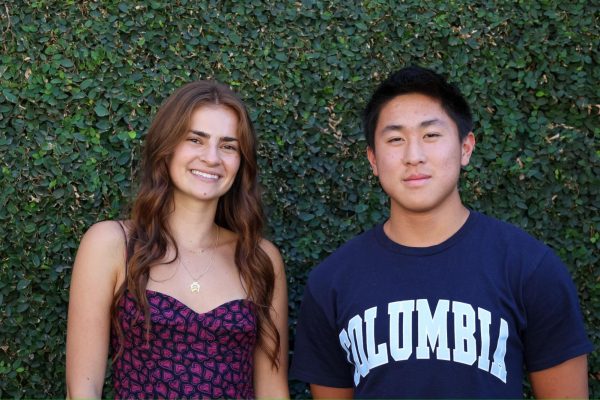ChatGPT and education, Claire-ified
In this month’s print edition of The Chronicle, a response to this article written entirely by ChatGPT is featured on B8.
We have a chance to recommit to our humanity and the individualized quirks and insights that make our thinking special.
A piano piece composed in the style of Mozart. An essay comparing Benedict Anderson’s and Ernest Gellner’s theories of nationalism. A Common App personal statement based on summaries of specific events and samples of a student’s writing. An answer to the trolley problem informed by utilitarianism. Each of these has been successfully generated by ChatGPT, an artificial intelligence program created by OpenAI that can answer intellectual questions, complete written tasks, engage in humorous conversations and explain complex ideas the same way a human would.
The difference? Unlike an ordinary person, it has been trained with a massive knowledge base, produces page-long responses in seconds and is completely free. The program has been recognized by The New York Times and Reuters. Experts say it could one day replace the Google search, and business executives have discussed replacing white-collar workers with identical technology that can organize projects, draft memorandums, write code and develop marketing strategies by itself.
For better or worse, ChatGPT and AI technology like it will undoubtedly revolutionize the workforce and the way workers think about productivity and efficiency. But the most immediately destructive aspect of ChatGPT’s availability and reputation is its impact on education.
With access to this technology, students no longer have to come up with their own ideas, conduct online research, synthesize information and present it in sophisticated, clear prose. ChatGPT can do all of this for them, and while it often misinterprets prompts or incorrectly answers them, these problems can be fixed in minutes by telling the AI what it got wrong and requesting that it correct these problems in an updated answer. Each time, the product is completely original and unique.
This tool likely won’t be free forever, but its capabilities and the seismic shift they bring to education will remain. For now, STEM teachers can find comfort in the technology’s shortcomings: It fails to answer high school-level math problems and still struggles to grasp scientific concepts, confidently but incorrectly asserting that peregrine falcons are the world’s fastest marine mammals. (They are not mammals, and they don’t swim.)
Humanities and social science departments, however, have reason to be concerned. A program with almost limitless knowledge of literature, philosophy, historical events and social science concepts threatens the very identity of classes that rely on students doing assigned work themselves and learning course material through this process.
Teachers should know that OpenAI has not trained ChatGPT with information from after 2021, so social sciences classes that assign prompts connecting historical trends to current events have a way to dodge the AI conundrum in the foreseeable future. Aside from this strategy, though, there is not much that educators can or should do.
Students already have a number of in-class assignments that require quick and original thinking, and eliminating the take-home essay or the term paper would sacrifice the ultimate form of education in the humanities: careful deliberation, advanced argumentation and the ability to exercise one’s fullest intellectual potential.
There’s no doubt that students have been given a powerful tool. The pen is mightier than the sword, and over time, it might seem that the AI chatbox is becoming mightier than the pen. But the futuristic, exciting luster of such technology cannot last.
Although ChatGPT’s writing is impressive, it will never possess the complexity and artistry of human work. Identifying its shortcomings is much like comparing machine-made lace with the work of a trained artisan. Factories can produce lace that seems delicate and beautiful at first glance, but they cannot hide the limitations of coarse thread, repetitive patterns and trend-driven products that are rarely timeless or impressive.
Learned language models carry the same weaknesses. They may meet an average standard of work, but they will not match the organic creativity and deftness of a human who has put in time and effort to create something beautiful. The machine may become ubiquitous, but the human’s work remains important and becomes more valuable by standing out among artificial work that lacks character and specificity.
Most importantly, though, no student should allow their education — the development of their mind and their potential as a problem-solver — to be hijacked by technology. Their grades will likely suffer if they rely on programs that can’t reach the sophistication of hard work from humans, but beyond that, they will stunt the intellectual growth that enhances their humanity in the first place.
Handing learning opportunities to machines that bypass them and companies that profit from them will shred our independence and potential. We have a chance to recommit to our humanity and the individualized quirks and insights that make our thinking special. We can take an opportunity to satisfy our laziest instincts, but as soon as we do, we become nothing more than lapdogs being fed by our technical overlords.
We start to play a lifelong game of fetch and bathe in the dopamine we get when over and over again, we see ideas typed out on a screen. Occasionally, we venture into new territory, running into the wild outdoors with a leash around our necks and our noses excitedly sniffing the sidewalk. We mark our territory at each new destination, triumphantly dumping out what we’ve been fed before moving on to the next amusing thing.
We don’t have to do this. We cannot afford to do this. For once in our precious, perfectly-planned lives, we have the responsibility to take charge of our education and unleash our full potential as academics, artists and problem-solvers by choosing to actually do our own work. We must fulfill it.

